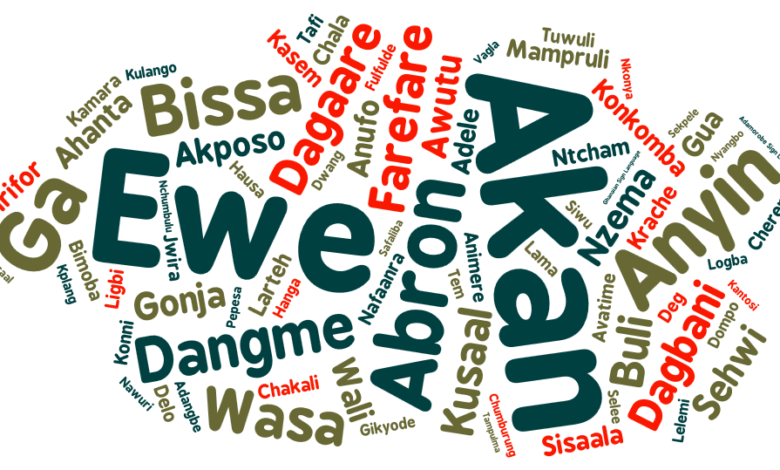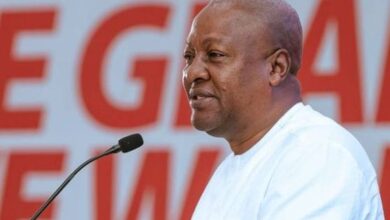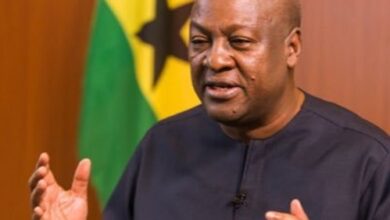
In November 1999, the United Nations Educational, Scientific and Cultural Organization (UNESCO) designated February 21 as International Mother Language Day. This day serves as a platform to champion linguistic and cultural diversity, uphold multilingualism, and underscore the critical importance of mother tongue education. The theme for the 2024 International Mother Language Day is “Multilingual education, a pillar of learning and intergenerational learning.”
The essence of this theme lies in its call to preserve indigenous languages and facilitate effective learning by initiating education in the learner’s mother tongue, and gradually integrating additional languages. UNESCO emphasizes that this approach bridges the gap between home and school, facilitating a more conducive learning environment.
International Mother Language Day holds profound significance in advancing linguistic and social diversity while fostering multilingualism and comprehensive education. Language, as a fundamental tool of communication, embodies the cultural identity of communities and nations. Ghana, characterized by its rich tapestry of multilingualism across various ethnic groups, exemplifies the importance of language in national identity.
Multilingual education not only fosters inclusive societies but also serves as a conduit for cultural preservation and a cornerstone for ensuring equitable access to education and lifelong learning opportunities. As we commemorate this year’s International Mother Language Day, it is imperative to recognize the pivotal role of Ghanaian languages in national development.
Ahotor 92.3 FM’s reporter, Zakiya Yandor, engaged with Ghanaians to gather their perspectives on the use of local languages. The question was: How Do You Say HELLO in your local language: Listen to their insights in the audio provided below:
Story by: Zakiya Yandor Uthman / Ahotoronline.com




